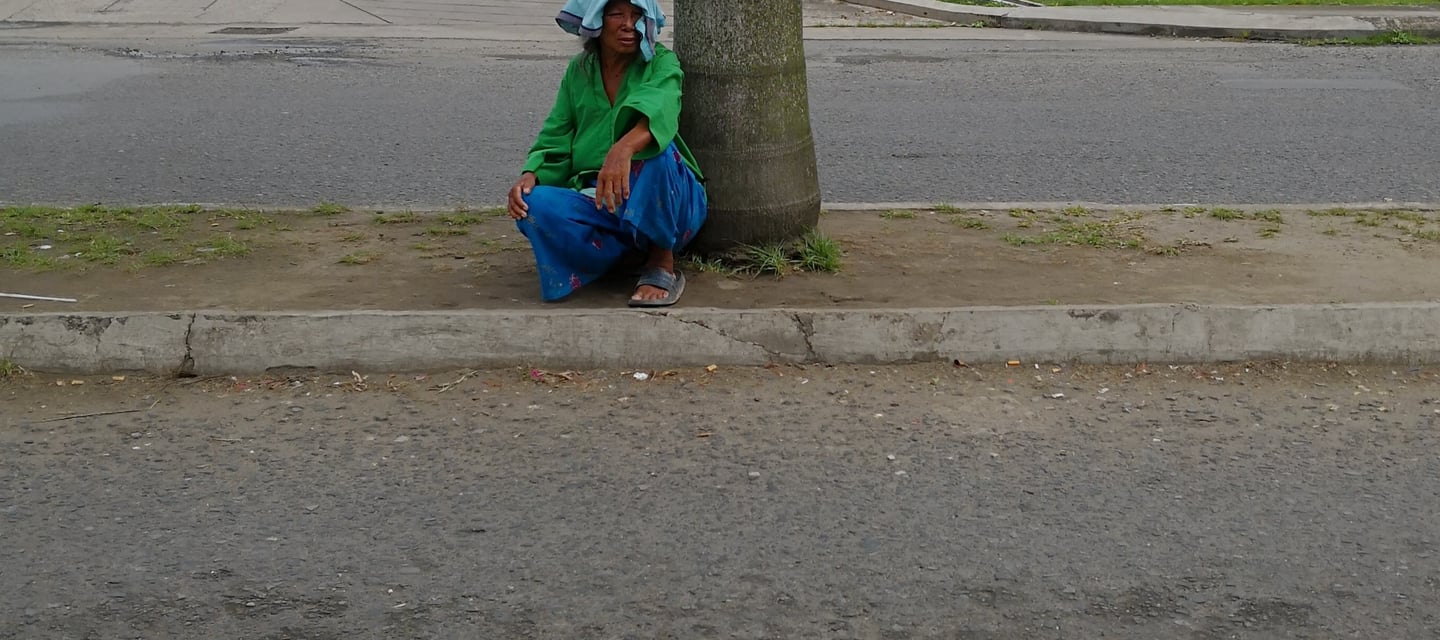Relative Poverty


Relative Poverty
By: HollyPen | 11/03/2025
Relative Poverty: Understanding Inequality Within Societies
Relative poverty is defined as the condition in which individuals or groups lack the minimum income needed to maintain the average standard of living in the society in which they live. Unlike absolute poverty—which refers to survival-level deprivation—relative poverty is about inequality and social exclusion.
This form of poverty is often seen in developed nations. For example, someone living in a wealthy country like the United States or the United Kingdom may have access to basic needs like food and shelter, but if their income is significantly lower than the national average, they may be unable to participate fully in social, cultural, or economic life. This might mean not affording proper housing, internet access, school supplies for their children, or public transportation—all of which are considered necessary to live with dignity in that context.
Relative poverty highlights how poverty is not just about material need but also about social belonging. It can lead to isolation, stigma, poor educational outcomes, and limited job opportunities. Children growing up in relative poverty are especially vulnerable, as they may face lower expectations, weaker support systems, and long-term disadvantages.
Measuring relative poverty typically involves comparing a household’s income to the national median. A common benchmark is 50% or 60% of the median income. For instance, if the median income in a country is $50,000 per year, someone earning less than $25,000 might be considered relatively poor.
Tackling relative poverty requires addressing structural inequality. This can include improving access to quality education, healthcare, affordable housing, and fair wages. Government policies like social welfare programs, progressive taxation, and public services play a key role in reducing the gap between the rich and the poor.
In conclusion, relative poverty sheds light on the deep-rooted social and economic divides that exist even in wealthy nations. It reminds us that poverty is not just about survival—it’s about the opportunity to live with dignity, equality, and inclusion. Reducing relative poverty is essential for building fairer, more cohesive societies.
Coming soon
We're on a mission .........................

Discover our full library of The Theos e-magazines and articles — all completely free to read.
We are a crowdfunded publication, dedicated to sharing knowledge, reflection, and theology with readers around the world.
Your support and donations help us continue offering open, accessible content for everyone, everywhere.
Join us in keeping wisdom free.
@ the theos since 2023 © 2023. All rights reserved.